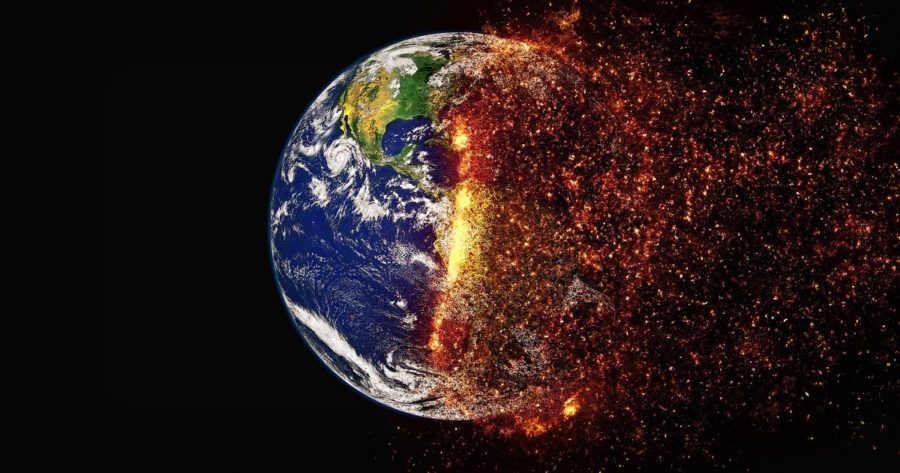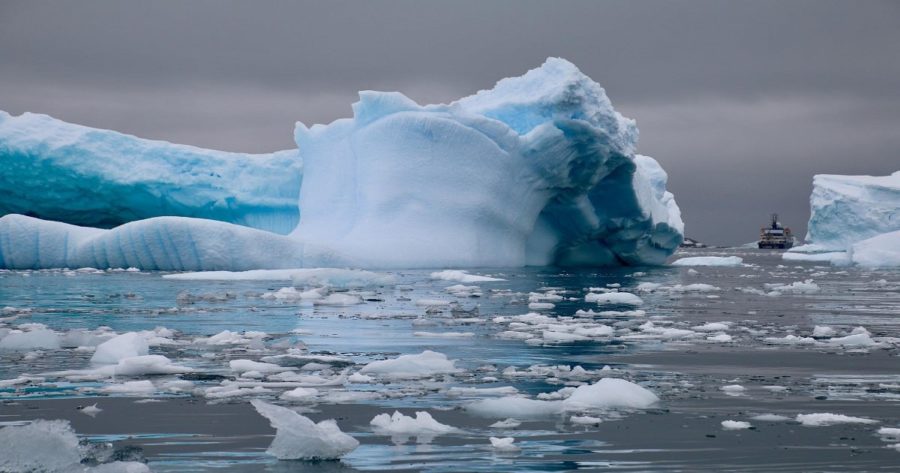Intense Heatwaves Scorching Planet Earth – A Consequence Of Climate Change
- Maryam Razzaq
- Climate Change
- Environment
- Trending
- World News
- July 26, 2022

The heatwaves across the globe serve as a ‘wake-up’ call for governments to take the climate crisis seriously.
With the Earth getting hotter, more floods, droughts, and wildfires and temperature will continue to rise if humans do not stop adding greenhouse gas emissions to the atmosphere. While countries across the globe agreed during the 2015 Paris Agreement to decrease emissions to limit the dangerous effects of global warming, the current policies would not cut emissions fast enough to meet the goals of limiting global warming by 2C (3.6F).
“This is the climate change we’ve been promised by scientists. This level of extreme weather is life-threatening, and we really want to make sure that people are not under any illusion, that this is serious and this is here to stay for the foreseeable future,” stated Michal Nachmany, of Climate Policy Radar with CBS News.
Climate change influences heatwaves to be more frequent and hotter, and this is the case for several land regions as stated by the United Nations’ Intergovernmental Panel on Climate Change (IPCC). Greenhouse gas emissions resulting from human activities have heated Earth by roughly 1.2 degrees Celsius (2.16 degrees Fahrenheit), since pre-industrial times. Furthermore, a study shared in Nature journal recently concluded that the heatwaves occurring in Europe have increased by three to four times quicker than in other northern mid-latitudes in the United States.
Climate change also increases hot and dry conditions, which are the prime setting for fires to burn and rage longer and spread quicker. In addition, warmer weather depletes vegetation of its moisture, making it a dry fuel to help fires spread.
Parts of North America, Europe, Africa, and Asia are experiencing deadly heat, which record-breaking temperature burning regions worldwide.
The extreme heatwaves across the globe are causing tens of thousands of deaths in recent years. Alarmingly, Antarctica has lost almost four trillion metric tons of ice since the 1990s, and continues to lose 152 billion metric tons per year – this rate of loss rate will increase if fossil fuels continue to be burned at the current pace. Continued heat melting ice will cause sea levels to rise by several meters in the next 50 to 150 years – a nightmare for coastal communities across the globe.

The planet has never been hotter and if the proper measures are not put in place, then Planet Earth will experience the most devastating effects of global warming: extreme droughts, wildfires, floods, tropical storms, and various other disasters.
What causes global warming?
Global warming happens when carbon dioxide (CO2) and other air pollutants accumulate in the Earth’s atmosphere and then absorb sunlight and solar radiation, which have bounced off the Earth’s surface. While radiation usually escapes into space, these pollutants trap heat and cause the plant to heat. The greenhouse gases which are heat-trapping pollutants include carbon dioxide, methane, nitrous oxide, water vapour, and synthetic fluorinate gases which come together to cause the greenhouse effect.








